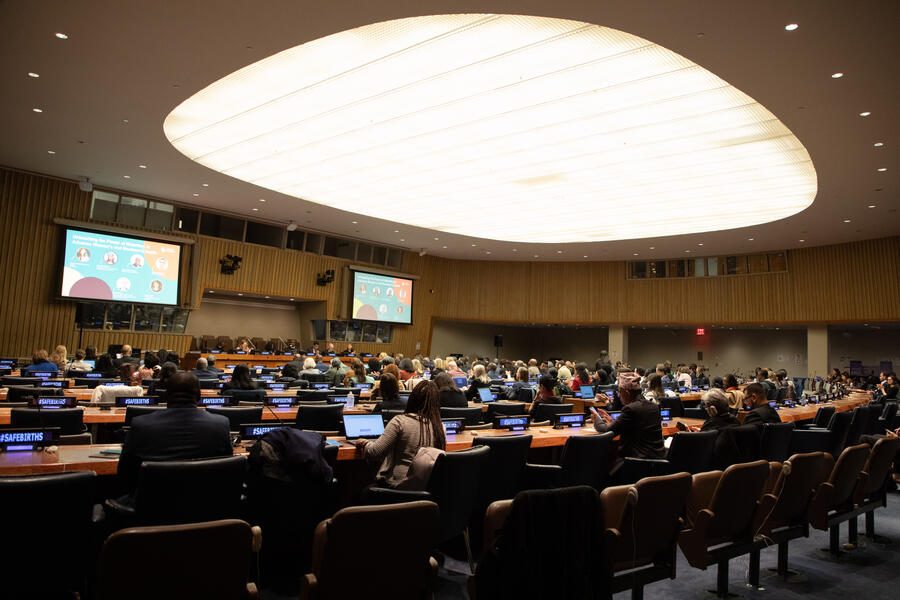Click on one sections to learn more about it
Civil Society Organizations (CSOs) include a range of formal and informal stakeholders including:international and national non-governmental organizations (NGOs), community-based organizations, philanthropic foundations, faith-based organizations (FBOs), advocacy groups, trade unions, women’s groups, youth-led organizations and professional voluntary associations.
Over the decades, UNFPA has invested in advocacy and active outreach including facilitating their active participation in the Cairo International Conference on Population and Development (ICPD) in 1994. Twenty-five years later, the success of the Nairobi Summit on ICPD25, which took place in November 2019, was largely attributed to the engagement and reinvigoration of an even wider cross-section of stakeholders.
UNFPA is committed to building and strengthening strategic partnerships with CSOs and parliamentarians around UNFPA’s transformative results to accelerate the implementation of the ICPD Programme of Action and the 2030 Agenda for Sustainable Development.
UNFPA will reinvigorate and expand partnerships with actors outside of its traditional orbits to connect with innovation ecosystems and strengthen alliances with underrepresented groups (e.g. afro-descendants, persons with disabilities, indigenous women), parliamentarians, youth networks, social movements and women’s groups. UNFPA will further scale up South-South and triangular cooperation and expand humanitarian partnerships to enhance operational and logistic capacity to reach the furthest left behind.

